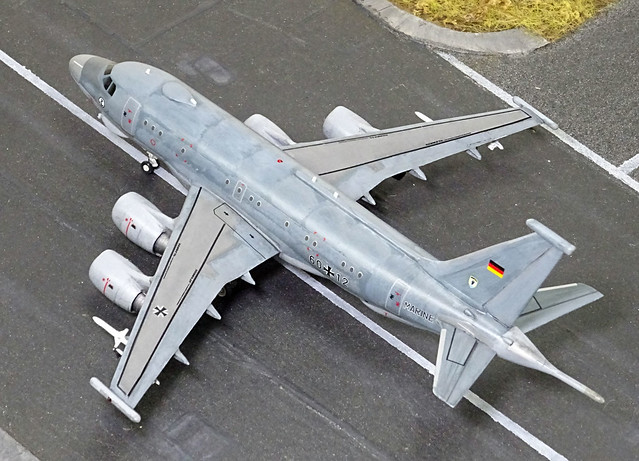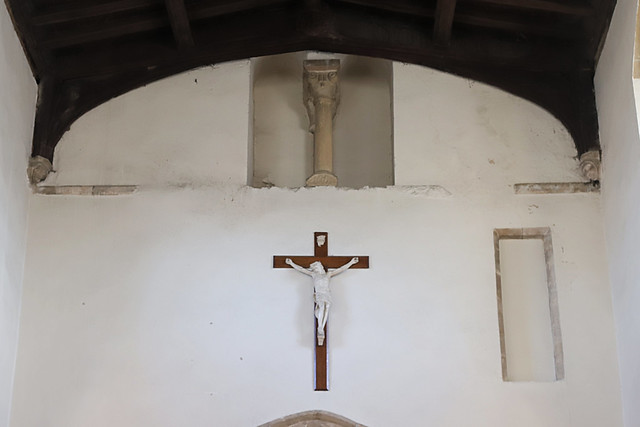How to Choose the Best Solar CCTV Camera
The right solar cctv camera can help you save money, reduce your carbon footprint and keep your property safe. But how do you choose the best option for your needs?
The best solar CCTV cameras are easy to install and operate. They eliminate the need for electrical wiring, and they work even when power outages occur.
Power
Solar CCTV cameras use a unique technology to harness the power of the sun for energy. They utilize solar panels to convert sunlight into direct current (DC) electricity, which is then transferred through an inverter to alternating current (AC) power used to operate the camera.
Most of these systems don’t require hard wiring, making them ideal for remote areas with limited access to electrical power. Moreover, their wireless technology enables flexible placement and easy scaling toward a full security outfit without a huge investment of time or money for installation.
However, they can be vulnerable to tampering and are dependent on Internet connectivity for remote monitoring. This could result in security vulnerabilities if not implemented properly. Therefore, solar wireless security cameras it’s important to ensure the camera is positioned in a secure location and connected to a robust network.
It’s also worth considering whether a solar camera is appropriate for your climate. For example, Anchorage, Alaska, has 239 cloudy days per year, which can significantly reduce charging efficiency. As a result, the batteries will deplete much faster than they would in more sunny areas. This can impact a solar camera’s functionality, and may even make it unusable on certain days. Additionally, many special features like night vision and floodlights require additional power, which can’t be sourced through the battery alone. These considerations should be weighed against the benefits of using a solar CCTV camera.
Image Quality
The clarity of footage captured by a solar powered security camera is essential for effective monitoring. A high resolution ensures crystal-clear images, making it easier to identify faces and license plate numbers. A reliable solar powered security camera should also provide excellent night vision capabilities to maintain clear visibility in low light or dark conditions.
Additionally, you’ll want to consider storage options and cloud integration when choosing a solar powered security camera. Some models offer local video storage on a microSD card while others require an internet connection for live viewing and playback. For the ultimate convenience, opt for a solar security camera that offers both options. The Ring Stick Up Cam Solar and Arlo Pro 3 are good examples.
Finally, you’ll want to look for a solar security camera that supports the latest WiFi technology, such as 5GHz. This will improve network performance and ensure smooth video streaming, even in areas with limited connectivity. In addition, many solar-powered security cameras now support 4K resolution and are compatible with smart home devices.
Solar-powered security cameras are a growing trend among homeowners, combining the benefits of both sustainability and performance. With security camera supplier burglaries and trespassing incidents on the rise, it’s important to take precautions to protect your property. A solar-powered security camera is an affordable option that provides peace of mind without sacrificing quality or functionality.
Motion Detection
Solar-powered CCTV systems offer a unique approach to surveillance. Their eco-friendly operation, geographical versatility, and cost savings all present significant advantages. However, it is also important to consider the potential drawbacks that these systems can pose.
The primary challenge of solar-powered CCTV systems is their dependency on sunlight to generate energy. As a result, they can be ineffective in cloudy or rainy weather, and they may need to be repositioned to optimize sunlight exposure. Additionally, the batteries in solar CCTV cameras have a limited lifespan, and will need to be replaced on a regular basis.
These systems can also be susceptible to hacking, so it is crucial to ensure that they have strong passwords and that firmware updates are regularly performed. This will help to minimize the risk of these cameras becoming compromised and used to access sensitive information.
Solar-powered CCTV systems can be installed without the need for complex wiring setups. This can reduce installation and maintenance costs, as well as provide greater flexibility and scalability for future expansion.
Remote Access
Using solar power to generate electricity, these cameras eliminate the need for electric wiring and can save on installation costs. This makes them suitable for remote areas and sites that cannot access conventional electricity supplies. Additionally, they are less vulnerable to power outages and can function continuously during the day and night.
However, their performance can be affected during periods of low sunlight. This is why it is important to assess the local climate and consider backup power options for continuous operation during unfavourable weather conditions.
In addition, solar powered CCTV systems can be accessed remotely, allowing users to check footage and respond to incidents even when they are away from the site. They are also easy to install and require minimal maintenance. They can operate over Wi-Fi or a cellular network, which allows for flexible placement and integration with other devices. They are also capable of storing video locally on an SD card.
However, while these cameras can be beneficial for construction sites, it is essential to choose the right supplier. Not all suppliers are created equal, and selecting an unreliable one can lead to problems in the future. Be sure to look for a company that understands the UK’s data protection laws and is compliant with GDPR. They should also put up signs to let people know that a camera is operating in their area and provide them with the option to opt out of surveillance.


